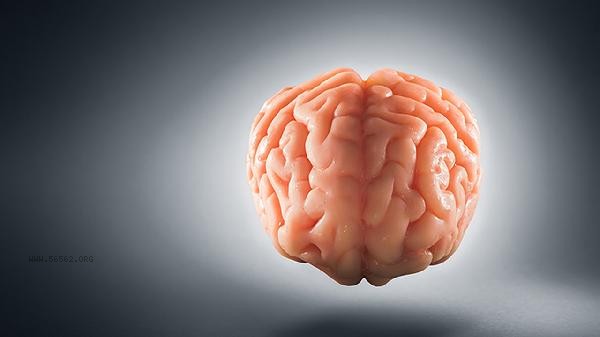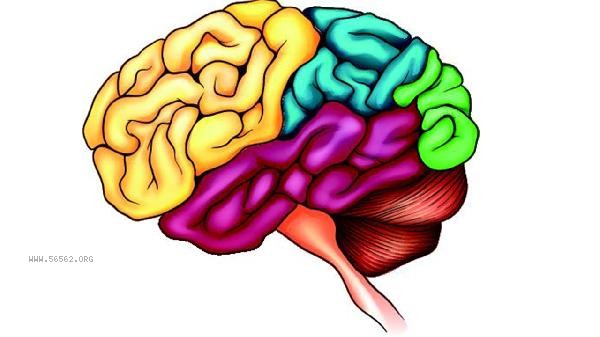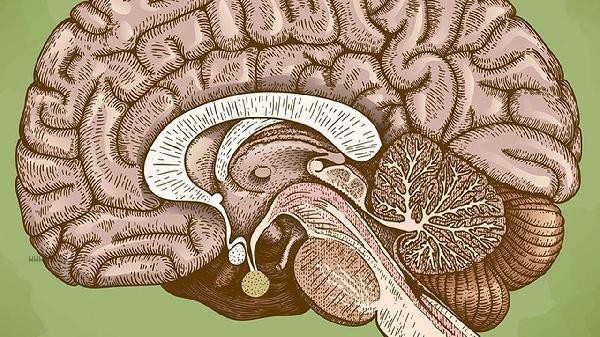The brain is the main organ for thinking, but it is not the only organ involved in thinking activities. The thinking process involves complex interactions between the brain and nervous system, endocrine system, and internal organs, among which the intestinal nervous system and cardiac electrical activity may also affect cognitive function. The brain, as the core of the central nervous system, is responsible for integrating perceptual information, forming memory, conducting logical analysis, and making decisions. The cerebral cortex, especially the prefrontal cortex, is closely related to advanced cognitive functions, and the secretion of neurotransmitters such as dopamine and serotonin directly affects emotions and thinking quality. Clinical cases have shown that patients with frontal lobe injury may experience planning and abstract thinking disorders, confirming the dominant role of the brain in thinking. The intestine is known as the second brain, and its nervous system communicates bidirectionally with the brain through the vagus nerve. The gut microbiota can produce a variety of neuroactive substances that affect mood and cognitive function. Although the heart does not directly participate in thinking, the electromagnetic field formed by cardiac electrical activity may interfere with brain signal processing. Some heart transplant patients experience personality changes after surgery, suggesting that the heart may indirectly participate in psychological activities through hormone secretion. Maintaining a balanced diet is beneficial for brain and intestinal health, and supplementing foods rich in omega-3 fatty acids in moderation can support nerve cell function. Regular exercise can promote the secretion of brain-derived neurotrophic factors and enhance brain plasticity. It is recommended to regulate the balance of the autonomic nervous system through mindfulness meditation and optimize the coordinated thinking mode of multiple organs. If there is sustained cognitive decline, it is necessary to seek medical attention promptly to investigate neurological or metabolic diseases.











Comments (0)
Leave a Comment
No comments yet
Be the first to share your thoughts!